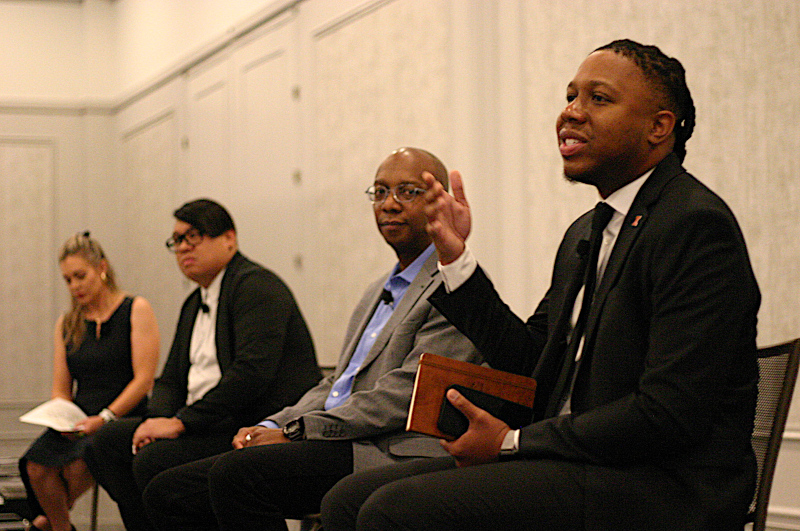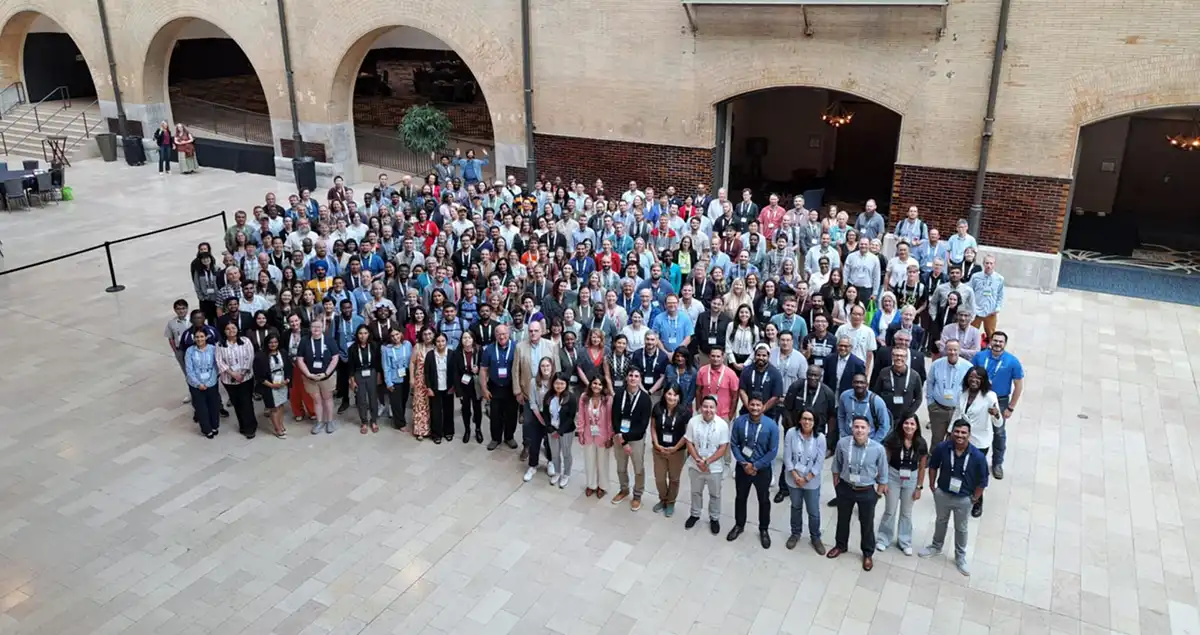Diversity and inclusion have become buzzwords that elicit different reactions. At 20/20 Seed Labs, when we talk about diversity, we mean bringing together people with different backgrounds and lived experiences. Gender, education, and ethnicity are part of the conversation, but at its core, diversity is about different perspectives.
We make a conscious effort to ensure our team reflects a broad range of backgrounds. As a science-driven organization, it’s easy to fall into the trap of hiring people who fit a narrow mold — those who are deeply technical, introverted, and focused solely on the science. But we recognize that this limits opportunities for others who have a passion for agriculture but don’t necessarily fit that.
Instead, we prioritize interest and potential: Who is genuinely excited about what we do? Who can bring a fresh perspective to our work? That’s the foundation of our hiring philosophy.
The impact of diversity extends beyond internal operations — it directly benefits our clients. A standout example involves a major international seed company based in South Sudan. They won a contract with the United Nations that required moving seed across multiple countries, including Canada. When their seed arrived at our lab, we encountered samples unfamiliar to many on our team. Some seeds weren’t indigenous to Canada, raising questions about their classification.
This could have caused significant delays in moving the seed through regulatory channels. However, thanks to our diverse team — including individuals from tropical countries — several members immediately recognized the seeds and identified them correctly. Their knowledge ensured smooth movement of seed through the system, saving time and preventing costly delays.
Building a diverse team isn’t without challenges. It’s not as simple as making a few hires; it requires intention and investment. One major challenge is that candidates from diverse backgrounds may not always have direct experience in the Canadian seed industry. While they may have the right skills and education, they often need additional training to bridge the gap. That’s where we, as a company, must step up — making a conscious decision to provide training and support, rather than just looking for candidates who can hit the ground running.
Beyond hiring, creating an inclusive workplace is critical. We’ve implemented policies that support a culture of respect, including a diversity and inclusion policy that sets clear expectations. These structures ensure that every team member feels valued and
empowered to contribute. When people feel like they belong, they bring their best ideas to the table, ultimately benefiting the entire industry.









